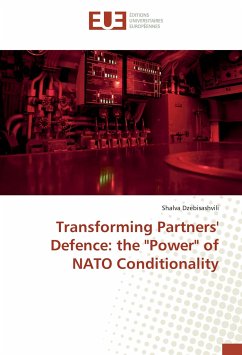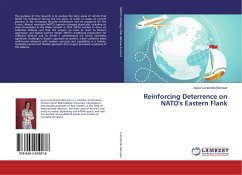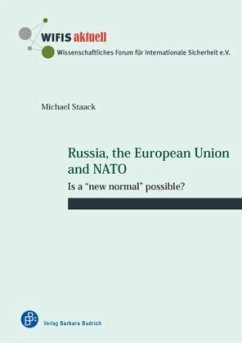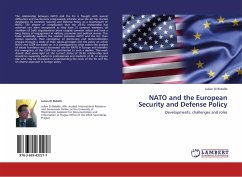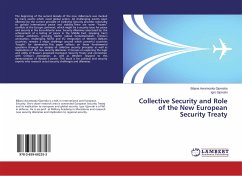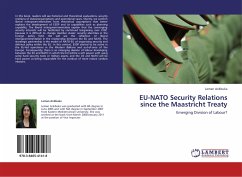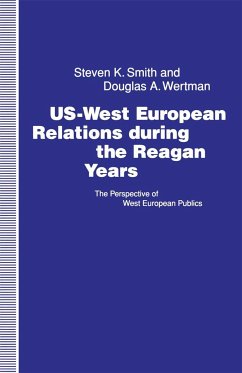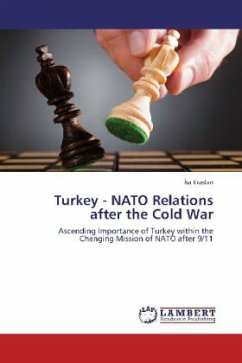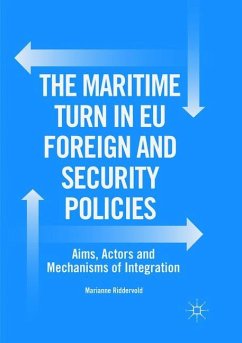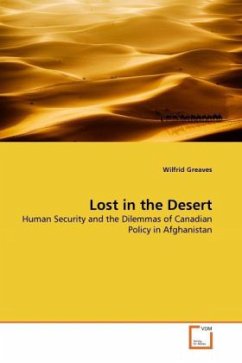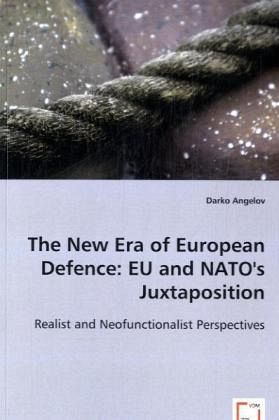
The New Era of European Defence: EU and NATO's Juxtaposition
Realist and Neofunctionalist Perspectives
Versandkostenfrei!
Versandfertig in 6-10 Tagen
32,99 €
inkl. MwSt.

PAYBACK Punkte
16 °P sammeln!
One year changed a four decade long cohabitation between Europe's leading organizations, the EU and NATO. 1999 brought the Treaty of Amsterdam by which the EU for the first time upheld genuine security competencies. The same year, NATO's military intervention in the Kosovo crisis not only shattered the superiority of the concept of state sovereignty, but also introduced the Alliance as a proactive organization complementing its originally defined reactive and defensive character.Ever since, the two organizations enjoy a peculiar relationship as with the newly upheld features, they increasingly...
One year changed a four decade long cohabitation between Europe's leading organizations, the EU and NATO. 1999 brought the Treaty of Amsterdam by which the EU for the first time upheld genuine security competencies. The same year, NATO's military intervention in the Kosovo crisis not only shattered the superiority of the concept of state sovereignty, but also introduced the Alliance as a proactive organization complementing its originally defined reactive and defensive character.Ever since, the two organizations enjoy a peculiar relationship as with the newly upheld features, they increasingly overlap in their competencies. This process for Europe's penetration into hard defence is paralleled with the ongoing progression of institutional change within the Union transforming it from an intergovernmental into an increasingly supranational organization. In addition, NATO's very own re-shifting from the reactive to a proactive mode of operation further complicates the equation between the two organizations. This study examines the recent relationship between NATO and EU's European Security and Defence Policy, and the rationale for the dramatic shift of course in their cooperation.



